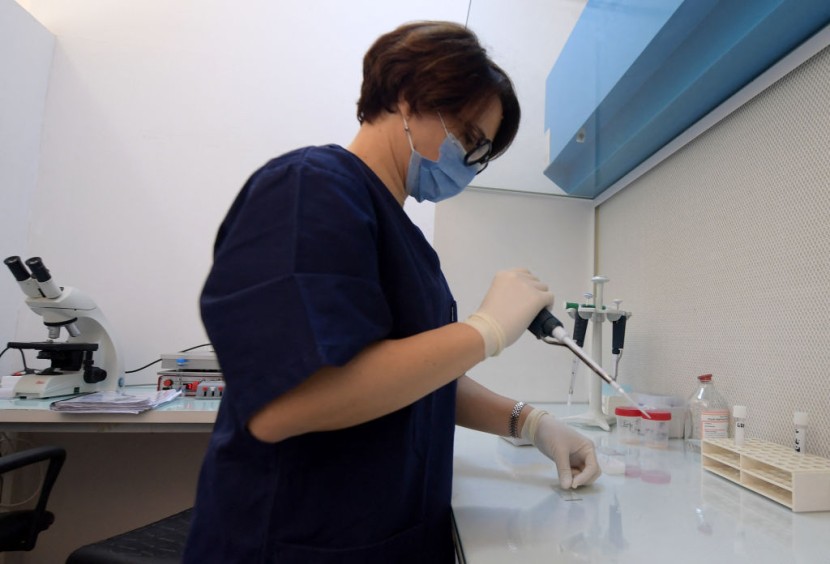According to statistics, the number of women in the UK freezing their eggs has dramatically increased, while the number of single persons choosing IVF has increased.
A report from the Human Fertilization and Embryology Authority (HEFA), the fastest-growing fertility procedures in Britain include freezing eggs and embryos. More people than ever are also undergoing procedures, as reported by The Guardian.
From 2,576 cycles in 2019 to 4,215 cycles in 2021, there was a 64% increase in egg freezing and storage and an increase in embryo storage.
The Effects of COVID?
According to some experts, the Covid epidemic significantly increased the number of women who wanted to freeze their eggs to preserve fertility.
There were 7,000 additional donor-insemination and IVF cycles between 2019 and 2021, a 10% increase.
IVF treatment for infertility among women begins at an average age of 36. For women who conceive naturally, the average age is close to 31.
According to the regulator's research, about 90% of IVF patients 2021 were in heterosexual relationships.
Single parents climbed from 2,001 in 2019 to 2,888 in 2021 (a 44% increase), and the number of IVF patients in female same-sex couples went from 1,649 in 2019 to 2,201 in 2021 (a 33% increase).

So, from 2019 to 2021, single patients and those in female-to-female partnerships experienced the highest IVF utilization.
The overall IVF pregnancy rate utilizing fresh embryos improved from 10% per embryo implanted in 1991 to 29% in 2021, reflecting the success of conceiving using the patient's eggs.
The greatest pregnancy rate per embryo transferred in patients between 18 and 34 was 41% in 2021. In the meantime, the prevalence of pregnancies per embryo transferred grew from 8% in 1991 to 33% for patients aged 35-37 and 25% for patients aged 38-39 in 2021.
The pregnancy rate per embryo transferred increased from 6% in 1991 to 16% in 2021 for patients aged 40-42. The pregnancy rate per transferred embryo rose from 1% in 1991 to 6% in 2021 for patients ages 43 to 50.
Read also: Parents Call Miracle Baby Born on "Twosday," 2/22/22 at 2:22 a.m. an 'Answered Prayer'
Egg Freezing and IVF n the UK
Egg freezing is a fertility preservation technique that involves collecting and freezing a woman's eggs so that they can be used to try to conceive later in life. IVF, or in vitro fertilization, is a fertility treatment that involves fertilizing a woman's eggs with sperm in a laboratory dish and then transferring the resulting embryos into her uterus.
Egg freezing and IVF are both available in the UK, and they are both considered to be effective fertility treatments. However, there are some important differences between the two procedures.
Egg freezing is a preventive measure, as it allows women to preserve their fertility before they experience any problems. IVF, on the other hand, is a more invasive procedure that is typically used to treat fertility problems.
The success rates of egg freezing and IVF vary depending on several factors, including the woman's age, the quality of her eggs, and the experience of the fertility clinic. However, in general, the success rates of both procedures are higher for younger women.
Related article: Childbirth Later In Life Is Not An Aberration Or New Trend; A Century Ago, Waiting Was The Norm
© 2026 HNGN, All rights reserved. Do not reproduce without permission.








